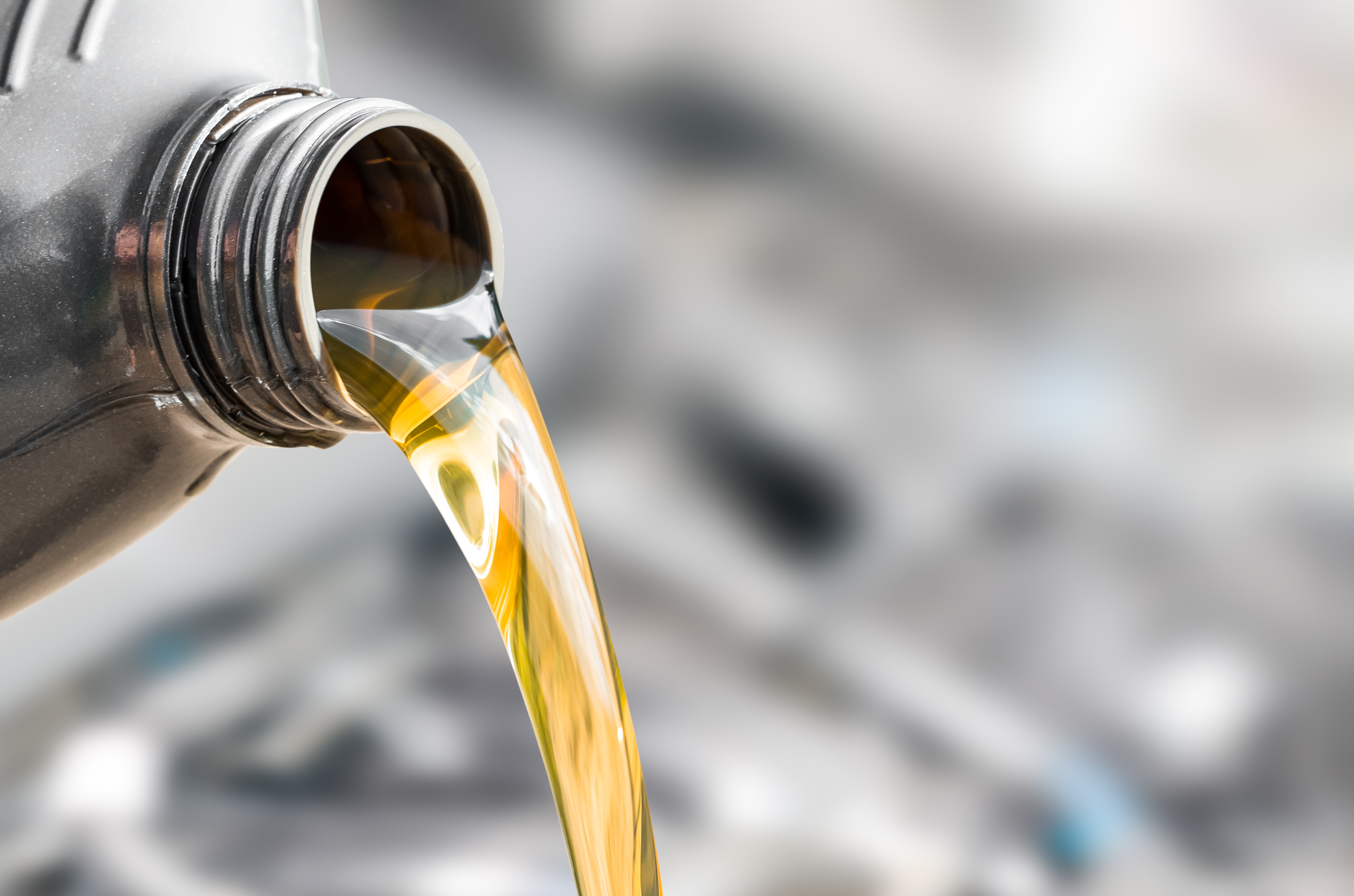Understanding the Role of Viscosity Modifiers in Lubricant Formulations

Lubricants play a crucial role in reducing friction and wear between moving components, ensuring the smooth operation and longevity of machinery. Depending on the type, lubricants also perform various other functions such as heat regulation, power transmission, sealing against dust or dirt, as well as reducing oxidation and preventing corrosion etc. They are formulated using a combination of base oils and additives that enhance their performance in various operating conditions. One essential additive category is viscosity modifiers, which play a key role in maintaining an appropriate lubricant viscosity over a broad range of operating conditions, ensuring optimal lubrication performance. In this blog post, we will delve into the role of viscosity modifiers in lubricant formulations and their significance in achieving optimal lubricant performance.
What are Viscosity Modifiers?
Controlling Viscosity-Temperature Relationship
Improving Viscosity Index
Polymeric Viscosity Modifiers
Shear Stability
Compatibility and Formulation Considerations
Viscosity modifiers are essential additives in lubricant formulations, providing control over the viscosity-temperature relationship. By improving the viscosity index and ensuring the desired viscosity across a wide range of temperatures, viscosity modifiers play a crucial role in maintaining optimal lubrication performance. Through careful selection and formulation considerations, lubricant manufacturers can tailor the performance of lubricants to meet the specific requirements of different applications and operating conditions.
Viscosity Modifiers
We offer a comprehensive selection of lubricant additives specifically created for developing heavy-duty diesel engine oils, passenger car engine oils, automotive gear oils, automatic transmission fluids (ATF), and other types of lubricants to be used in on-road, off-road, and industrial settings. To meet various market demands in the lubricant industry, Kemipex offers customized Viscosity Index Improvers (VII) with optimized treat rates especially designed to provide desired and engineered performance properties such as thickening power and shear stability.
Many Olefin Copolymer (OCP) based viscosity index improvers are offered in both solid and liquid forms that are recommended for use in engine oils. We also supply Polymethacrylate (PMA), star and linear Styrene based products that act as high-performance viscosity index improvers in industrial and automotive lubricants.
Depending on the type, lubricants also perform various other functions such as heat regulation, power transmission, sealing against dust or dirt, as well as reducing oxidation and preventing corrosion etc.
it is better to move this sentence to the beginning of this paragraph.
Write a comment